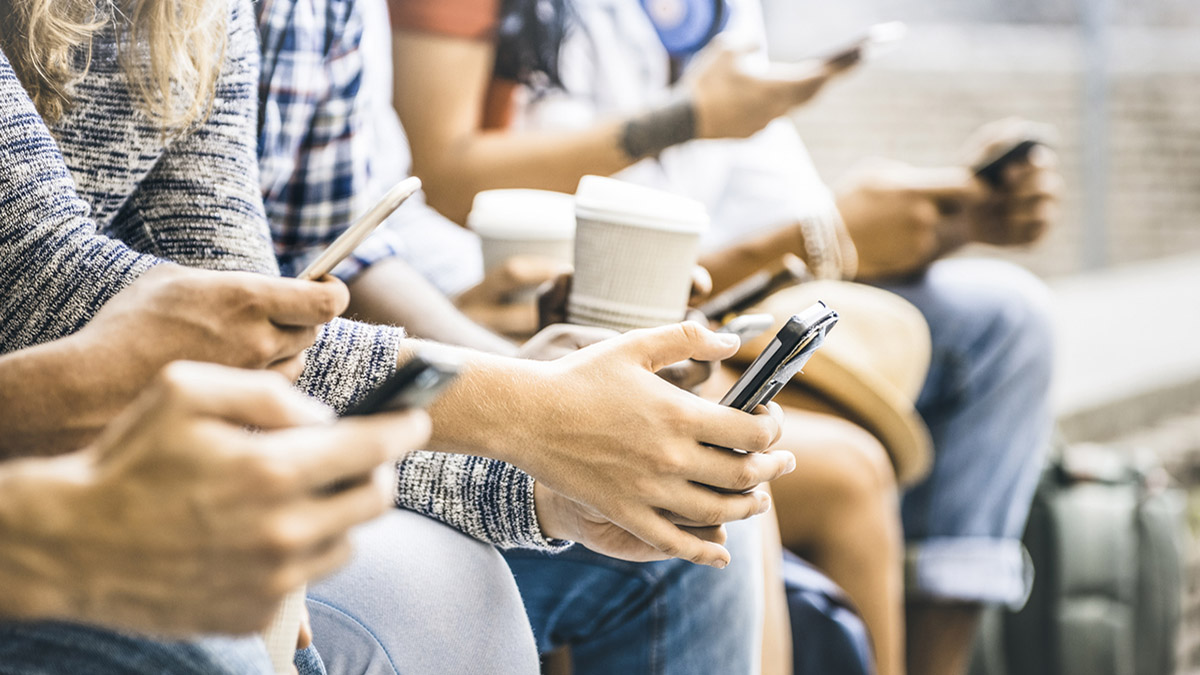Despite app delay, Johnson says UK will have ‘world-beating’ contact tracing

Prime Minister Boris Johnson has insisted that the UK’s contact tracing will be in place next month, but the NHS’ smartphone app will only play a minor role at that time.
Instead, the government will rely on 25,000 contact tracers who will be able to track 10,000 new cases a day, a low-tech approach based on infected individuals listing all the people they have had prolonged, recent contact with – who would then be contacted by phone or email.
In the absence of a vaccine, tracking and tracing people infected with the SARS-CoV-2 virus has been credited with bringing the COVID-19 outbreak under control in countries such as China and South Korea.
Part of that success has been attributed to the use of digital contact tracing using smartphones, however the UK is now downplaying the importance of its mobile app as it pushes its traditional but more labour-intensive approach.
The official stance is now that the mobile app is a complement to old-school contact tracing, rather than the foundation of its system.
Health Secretary Matt Hancock said last week that the app would be “rolling out in mid-May” in England, but it won’t be available for “several weeks”, according to a government spokesperson.
The app is currently being trialled on the Isle of Wight. After 10 days of road testing, there are already reports of teething problems – including issues with downloading it, false alerts, and privacy concerns – and only 40% of islanders had downloaded it.
NHSX, the health service’s digital reform organisation which developed the app, is said to already be working on a new version.
Meanwhile, a new survey of 1,000 people across the UK has found that 29% would refuse to use the app, with another 27% uncertain, and more than a third (36%) worried that the app would allow the government to collect data on them.
Security was also a big concern, with 48% of respondents saying they did not trust the government to keep their data safe from cybercriminals.
Moreover, around half of those surveyed said they know someone without access to a smartphone or similar device who would therefore be excluded from the system.
Taken together with modelling suggesting that at least 60% of the UK population would need to use the app for it to work as hoped, the survey – conducted by Censuswide on behalf of cybersecurity firm Anomali – suggests the project may be at high risk of failure.
“Huge hole” in UK defences
That could leave the UK relying on traditional techniques, and in a combative Prime Minister’s Questions yesterday, Labour leader Sir Keir Starmer took Johnson to task over the ‘test, track and trace’ issue.
He asked the PM to explain why there had been no effective contact tracing since 12 March, creating a “huge hole” in the country’s COVID-19 defence, which has been blamed on a lack of tracing capacity.
The PM glossed over the 10-week hiatus in tracing but said that the new army of tracers would be able to handle the workload of around 2,500 new coronavirus cases every day and stop the disease spreading, adding that 24,000 have already been recruited.
NHS Confederation chief executive Niall Dixon has warned of “severe consequences” if the government’s test, track and trace system for coronavirus isn’t in place soon, saying that easing lockdown before it is available would risk a second wave of infections that could overwhelm the health service.
[embed]https://twitter.com/NHSConfed/status/1263382802512392192[/embed]
In a letter to Health Secretary Matt Hancock, Dixon welcomed the news of the contact tracer recruitment but added that “health leaders are yet to see detail on the strategy that underpins this.”
“This is about saving lives and protecting the NHS,” he added. “If we do not set up the right system, involving local agencies, we will put patients and NHS staff at risk.”
Apple, Google app launches
One issue with the NHSX app concerning privacy proponents is that it uses a centralised tracing database, which records a user’s contacts and the first half of their postcode if they declare they are ill.
A rival approach has just been launched by tech giants Apple and Google. Their smartphone-based contact-tracing system will be released in software updates in iOS and Android phones, easing its roll-out, and uses a decentralised model that doesn’t share data with a central database.
The Republic of Ireland, Germany and Switzerland have already said they will adopt the Apple/Google offering, leaving the UK increasingly isolated among countries insisting on using a centralised system.
One advantage of the Apple/Google model is that it is interoperable – in other words it will function even when people move from one country or region to another – so it could play a role in easing travel restrictions.
The UK has argued however that a centralised approach is needed to be able to monitor and respond to regional outbreaks, directing healthcare services where they are most needed.











